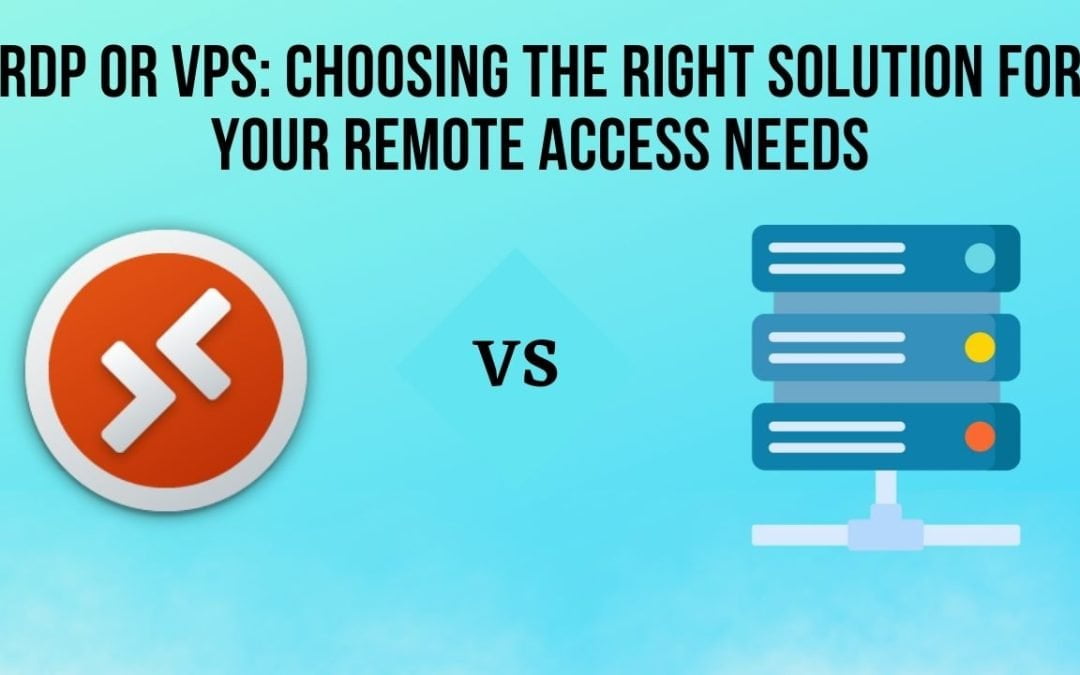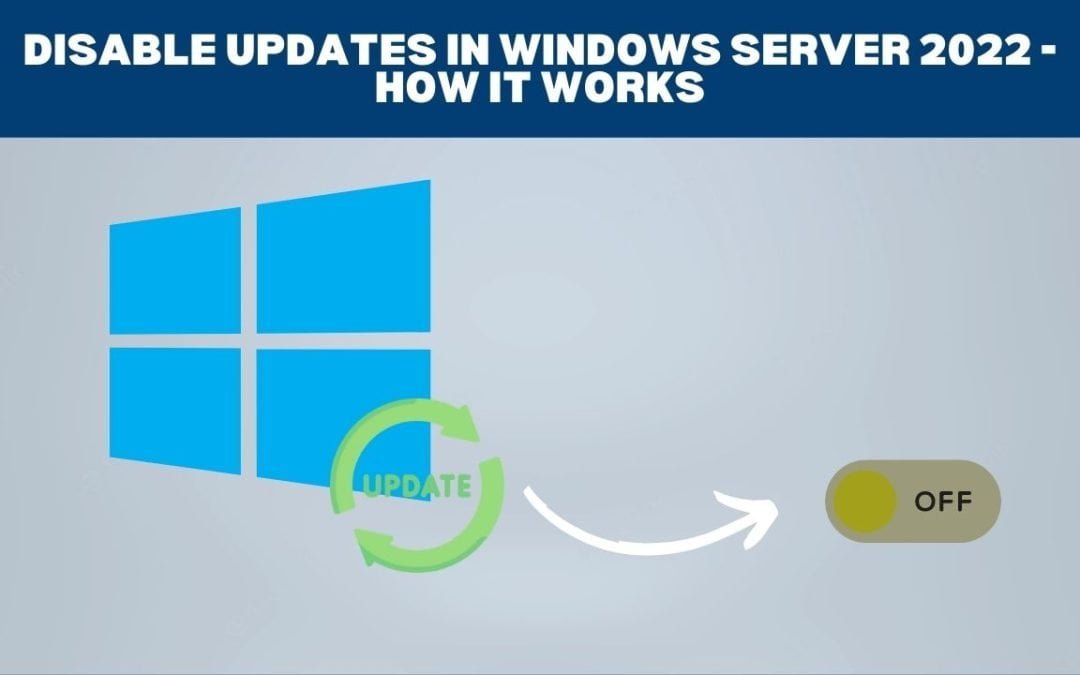
In the fast-evolving world of technology, the choice between single CPU (Central Processing Unit) servers and dual CPU servers is a critical decision for businesses and individuals alike. Selecting the right server architecture can significantly impact performance, scalability, and cost. In this article, we’ll delve into the intricacies of single CPU servers and dual CPU servers, comparing their strengths, weaknesses, and use cases.
Understanding Single CPU Servers
Single CPU servers, as the name suggests, are equipped with a solitary processor. These servers are well-suited for a range of applications, from basic web hosting to small-scale databases. The primary advantages of single CPU servers include simplicity, cost-effectiveness, and energy efficiency. They are an excellent choice for businesses with modest computational needs.
However, single CPU servers have limitations. They may struggle to handle resource-intensive tasks or large-scale applications, leading to performance bottlenecks in some scenarios. It’s essential to consider the specific requirements of your workload before opting for a single CPU server.
ALSO READ : Configuring a TeamSpeak 3 Server on a VPS: Step-by-Step Guide
Exploring Dual CPU Servers
Dual CPU servers, on the other hand, feature two processors working in tandem. These servers are known for their robust performance capabilities, making them suitable for tasks that demand substantial processing power. Dual CPU servers excel in handling multi-threaded applications, virtualization, and data-intensive workloads.
The benefits of dual CPU servers come at a higher cost compared to their single CPU counterparts. Additionally, they consume more power, which can impact operational expenses. Nevertheless, for businesses requiring high-performance computing, dual CPU servers offer a competitive edge.
Performance Comparison
When comparing performance, dual CPU servers often outshine their single CPU counterparts. The presence of two processors allows for parallel processing of tasks, resulting in faster execution times. This makes dual CPU servers ideal for applications like scientific simulations, video rendering, and large-scale data analysis.
Single CPU servers are adequate for simpler tasks but may struggle to keep up with the demands of resource-intensive workloads. It’s crucial to assess your specific performance requirements to determine which server type aligns with your needs.
Cost Considerations
Cost is a significant factor in server selection. Single CPU servers are generally more budget-friendly, making them accessible to small businesses and startups. Their lower power consumption also contributes to cost savings over time.
Dual CPU servers, while delivering superior performance, come with a higher initial investment and increased operating costs due to their power consumption. Businesses must weigh the upfront expenses against the potential gains in productivity and performance.
Scalability
Scalability is another pivotal aspect to consider. Single CPU servers can be upgraded to a certain extent, but their scalability is limited by the capacity of a single processor. Dual CPU servers offer better scalability options, allowing for the addition of more CPUs to accommodate growing workloads.
For businesses with long-term growth plans, dual CPU servers provide the flexibility to expand without significant architectural changes.
Use Cases
The choice between single CPU and dual CPU servers depends on your specific use cases. Single CPU servers are suitable for tasks like web hosting, email servers, and small-scale databases. They are cost-effective solutions for businesses with moderate computing needs.
Dual CPU servers shine in scenarios involving virtualization, data analysis, machine learning, and other compute-intensive tasks. If your business relies on high-performance computing, dual CPU servers are the way to go.
Hardware and Software Compatibility
When selecting a server, it’s crucial to consider hardware and software compatibility. Single CPU servers are generally compatible with a wide range of hardware and software configurations. Dual CPU servers, on the other hand, may require more specialized components and software licenses, which can impact costs and compatibility.
Energy Efficiency
Energy efficiency is an essential consideration for environmentally conscious businesses. Single CPU servers tend to consume less power, making them more energy-efficient. Dual CPU servers, due to their higher processing capacity, often have higher power requirements. Choosing the right server type should align with your sustainability goals.
Reliability and Redundancy
Reliability is paramount in server environments. Single CPU servers can be reliable when configured correctly, but they lack the built-in redundancy of dual CPU servers. Dual CPU servers often feature redundancy and failover mechanisms that enhance uptime and data integrity.
Future-Proofing
Future-proofing your server infrastructure is critical. Single CPU servers may require more frequent upgrades as your business grows. In contrast, dual CPU servers offer better long-term viability and adaptability, potentially reducing the need for frequent hardware replacements.
Choosing the Right Server
Selecting the right server for your needs requires careful consideration of factors like performance, cost, scalability, and compatibility. It’s essential to assess your current and future requirements and consult with experts if necessary to make an informed decision.
Case Studies
Let’s explore a couple of case studies to illustrate the real-world impact of choosing between single CPU and dual CPU servers.
Case Study 1: Small E-commerce Store
A small e-commerce store with limited IT resources may opt for a single CPU server to host its website and manage customer data. The cost-effective nature of a single CPU server aligns with the store’s budget, and the workload is well within its processing capabilities.
Case Study 2: Data Analytics Firm
A data analytics firm dealing with vast datasets and complex computations requires the performance boost provided by dual CPU servers. These servers enable faster data analysis, leading to more informed decision-making for the company’s clients.
Security Considerations
Security is paramount in server environments. Both single CPU and dual CPU servers can be secured effectively with the right measures in place. It’s essential to implement security best practices, including firewalls, intrusion detection systems, and regular software updates, to protect your data and network.
ALSO READ : Stream Media from Windows Server 2022
Conclusion
In the debate of single CPU servers vs. dual CPU servers, there is no one-size-fits-all answer. The choice depends on your unique requirements, budget, and long-term goals. Single CPU servers offer cost-effective solutions for basic computing needs, while dual CPU servers provide unmatched performance for resource-intensive tasks. Make your decision wisely, considering all factors, to ensure your server infrastructure aligns with your business objectives.
FAQs
- What is the main difference between single CPU and dual CPU servers?
- The main difference is the number of processors. Single CPU servers have one processor, while dual CPU servers have two, allowing for better performance in the latter.
- Can I upgrade from a single CPU server to a dual CPU server easily?
- Upgrading from a single CPU server to a dual CPU server can be complex and may require significant hardware changes. It’s often more practical to plan for your desired server type from the outset.
- Are dual CPU servers always better in terms of performance?
- Dual CPU servers excel in performance for specific tasks but may not always be necessary. The choice depends on your workload and performance requirements.
- How does energy efficiency differ between the two server types?
- Single CPU servers are generally more energy-efficient due to their lower power consumption. Dual CPU servers consume more power but offer higher performance.
- What should I prioritize: cost or performance when selecting a server?
- The priority depends on your specific needs and budget. Consider your workload and long-term goals when making this decision.




